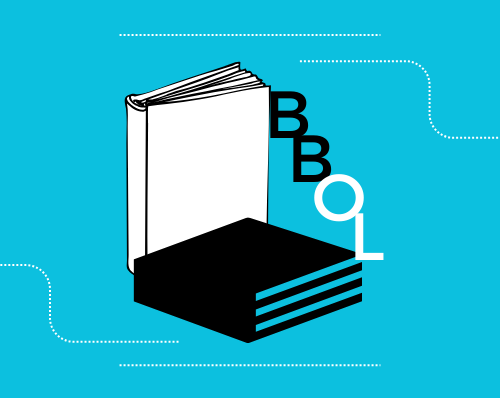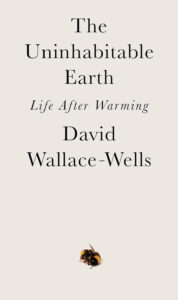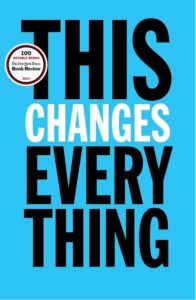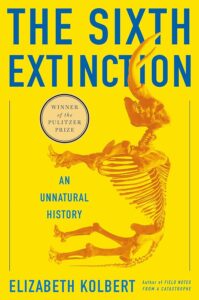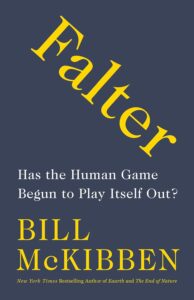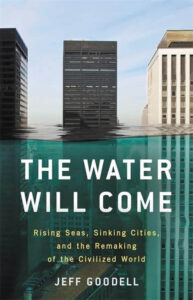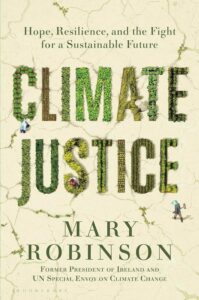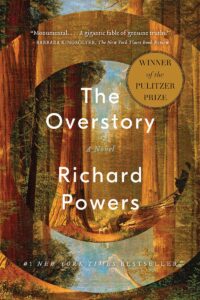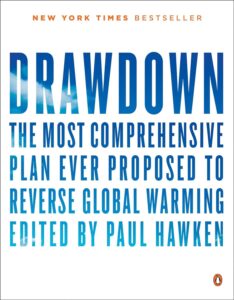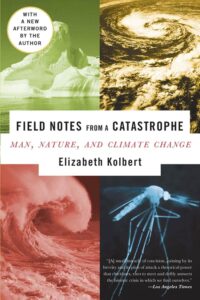Climate change is one of today’s most urgent challenges, and comprehending its intricacies is vital for informed decision-making. These books provide essential insights and practical approaches to understanding the science, politics, and solutions related to climate change. Here’s our curated list of the best books on climate change you should read.
1. “The Uninhabitable Earth” by David Wallace-Wells
David Wallace-Wells paints a vivid and alarming picture of the future if climate change continues unchecked. This book delves into the potential consequences of global warming on our planet and humanity.
Key Takeaways:
- Understand the severe impacts of climate change.
- Consider the possible future scenarios if no action is taken.
- Learn about the urgency of addressing global warming.
Why You Should Read It: It provides a comprehensive and sobering view of what lies ahead, emphasizing the importance of immediate action.
2. “This Changes Everything” by Naomi Klein
Naomi Klein argues that our current economic model is fundamentally at odds with addressing climate change. She explores the intersections of capitalism and environmentalism, advocating for systemic change.
Key Takeaways:
- Examine the relationship between capitalism and climate change.
- Understand the need for systemic changes to combat global warming.
- Explore the social and political dimensions of the climate crisis.
Why You Should Read It: It challenges readers to think critically about the economic systems contributing to climate change.
3. “The Sixth Extinction” by Elizabeth Kolbert
Elizabeth Kolbert guides readers through the history of Earth’s past mass extinctions and parallels them with the current biodiversity crisis caused by human activity.
Key Takeaways:
- Learn about the history of mass extinctions.
- Understand the current biodiversity crisis and its causes.
- Explore the impact of human activity on species extinction.
Why You Should Read It: It provides a historical context for the current environmental crisis, making the case for urgent conservation efforts.
4. “Falter:” by Bill McKibben
Bill McKibben explores the threats of climate change, artificial intelligence, and genetic engineering. He calls for immediate action to address these challenges and preserve our future.
Key Takeaways:
- Understand the multifaceted threats to humanity’s future.
- Explore the ethical implications of technological advancements.
- Learn about the critical need for environmental activism.
Why You Should Read It: It provides a broad perspective on the various threats to our future and emphasizes the need for collective action.
5. “The Water Will Come” by Jeff Goodell
Jeff Goodell investigates the impact of rising sea levels on coastal cities and communities. He explores the science behind sea level rise and the potential consequences for urban areas.
Key Takeaways:
- Learn about the science of rising sea levels.
- Understand the impact on coastal cities and communities.
- Explore potential solutions and adaptations for sea level rise.
Why You Should Read It: It highlights the immediate effects of climate change on urban areas.
6.“Climate Justice” by Mary Robinson
Mary Robinson, former President of Ireland and UN High Commissioner for Human Rights focuses on the human side of climate change. She shares stories of individuals and communities affected by and fighting against climate change.
Key Takeaways:
- Understand the human impact of climate change.
- Explore stories of resilience and activism.
- Learn about the intersection of human rights and environmental justice.
Why You Should Read It: It emphasizes how climate change affects individuals and society, motivating readers to act.
7. “The Overstory” by Richard Powers
Although a novel, Richard Powers’ “The Overstory” weaves together the lives of several characters with the overarching theme of trees and their role in the environment. It brings an artistic perspective to the conversation on climate change.
Key Takeaways:
- Explore the interconnectedness of human lives and nature.
- Recognize the crucial role trees and forests play in the ecosystem.
- Reflect on the broader implications of environmental conservation.
Why You Should Read It: It offers a compelling narrative that inspires deeper consideration of our relationship with nature.
8. “Drawdown” edited by Paul Hawken
This book compiles global research, offering actionable solutions to reduce greenhouse gas emissions and reverse global warming.
Key Takeaways:
- Discover practical solutions to reduce greenhouse gas emissions.
- Learn about the potential of renewable energy and sustainable practices.
- Explore a comprehensive plan to address climate change.
Why You Should Read It: It provides a hopeful and practical roadmap for reversing global warming.
9. “Field Notes from a Catastrophe” by Elizabeth Kolbert
In this book, Elizabeth Kolbert travels to various parts of the world to document the real-time effects of climate change. She combines scientific research with personal narratives to paint a vivid picture of the climate crisis.
Key Takeaways:
- Discover how climate change is currently affecting different parts of the world
- Learn from personal stories and scientific research.
- Explore the urgent need for climate action.
Why You Should Read It: It provides an on-the-ground view of climate change, making the issue relatable and urgent.
Conclusion
These essential books on climate change offer a comprehensive understanding of the science, politics, and solutions related to this critical issue. By reading these works, you can gain valuable insights and become more informed about the steps needed to address climate change.
Ready to dive into the world of climate change literature? Click on the links above to purchase these must-read books and start your journey towards a deeper understanding of our planet’s future.
